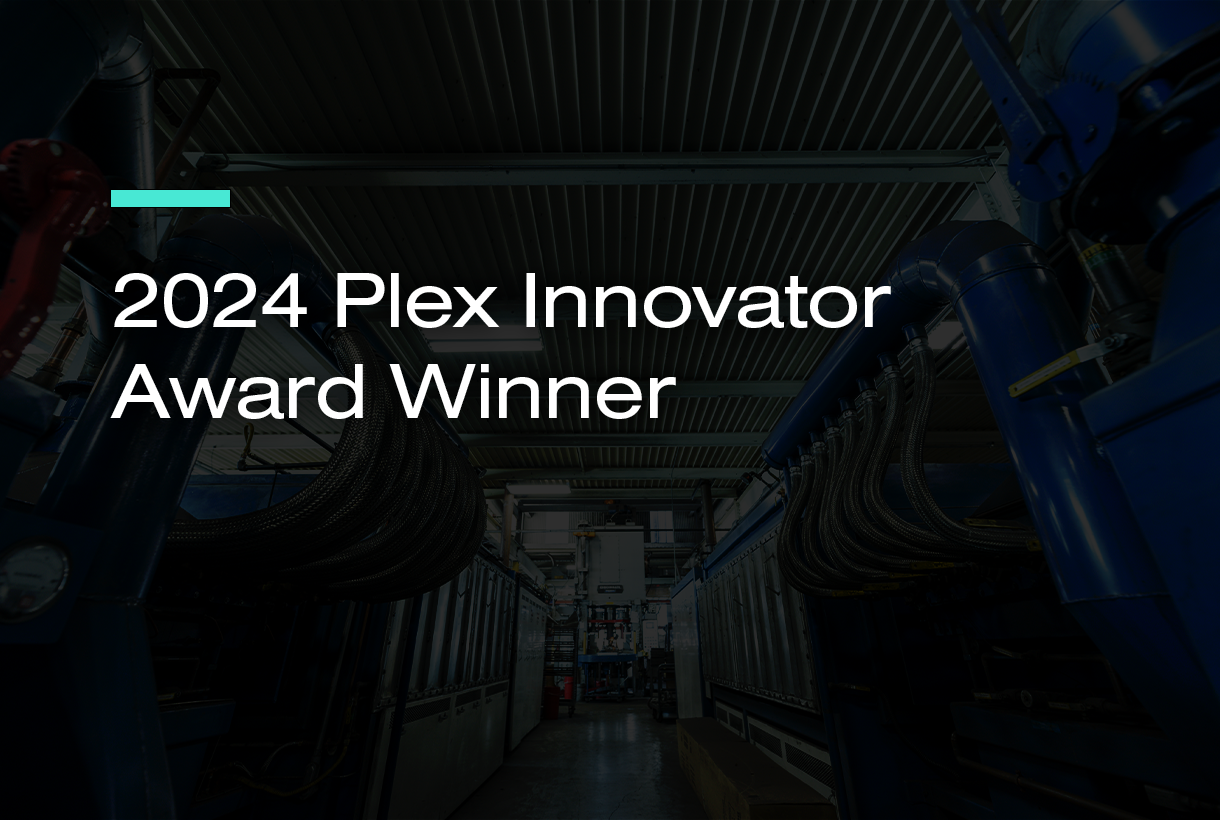

Now Available!
Get your copy of the 7th Annual State of Smart Manufacturing and hear from 300+ manufacturers in this new survey report!
Subscribe to Our Blog
For a monthly digest of expert insights, data points, and tips like the ones in this article.

It’s no secret Industry 4.0 and the Fourth Industrial Revolution will influence the industry for years to come. This cyber-physical evolution is changing the way manufacturers make things, serve customers, run their plants, and do business.
Last month, I had the privilege of speaking on these topics at the inaugural Great Lakes Digital Transformation Summit in metro Detroit. Since our mission here at Plex is to help our customers make their parts work more efficiently through digitization, it was a natural fit to share Plex’s point of view with those in attendance.
While there are near-countless technologies associated with Industry 4.0, I want to focus on three that I believe have the most potential to disrupt the manufacturing industry. Together, they share an important commonality and characteristic of Industry 4.0 technologies: they are all brought together in the cloud, where you can store loads of data and analyze it with unlimited computing power.
Here are the technologies you should be paying attention to:
- Artificial Intelligence (AI). AI is going to have an enormous impact on the industry. Bringing together automation and machine learning, AI can analyze incredible amounts of data, allowing us to see patterns we couldn’t see on our own. It gives manufacturers incredible insights to make better business decisions—from finding patterns in machine downtime to identifying periods with high scrap rates.
- Additive Manufacturing. From applying machine learning to generative design—which explores all the permutations within specified parameters to generate alternative designs of a part—to mass-produced end-use products like the fuel nozzles in a GE LEAP-1A engine (engines in Boeing 737s), to personalized prosthetics that are specifically tailored for patients’ needs, we’re just beginning to see all of the advantages that additive manufacturing can deliver.
- Blockchain. What if manufacturers could keep a digital ledger of everything that happened to a block of steel, from the moment it was mined to the car it ended up in? The supply chain is full of friction and extremely complex but blockchain has the potential to revolutionize it. Blockchain allows each player to participate and provides a secure ledger accessible by all members, giving manufacturers ultimate traceability.
After talking to folks in attendance at the Great Lakes Digital Transformation Summit, it’sobvious there is a huge appetite for information and guidance from experts in the industry. By defining how these solutions can help companies improve efficiency, quality, and safety, the benefit of Industry 4.0 technologies becomes much more tangible and easier to understand.
If you would like to learn more about how Industry 4.0 can positively impact your organization, click on the link to download our whitepaper, “The Curious Path to Industry 4.0.”


